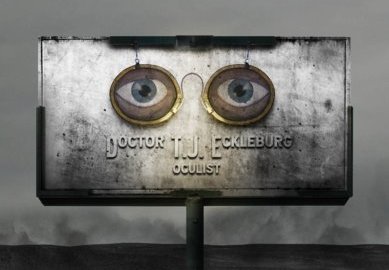Climax of Gatsby: Take 2
Is the climax the hotel scene when Tom and Gatsby argue, or is it when Gatsby meets Daisy at Nick's house? What central conflict or conflicts are being addressed in the climax, and how is this the turning point of the narrative (story)? Use textual evidence to back up your claims. The climax of the Great Gatsby varies between reader to reader. I think the climax of the story is the scene when all of the main characters of the book are at the hotel and Tom and Gatsby argue. This is the climax because it is the most heated part of the book and everyone comes together in this scene. This scene also foreshadows that Daisy will have to make a choice between Gatsby or Tom and that Gatsby's ultimate dream has not happened as he would have liked. Daisy said that she would still has or had some feelings for Tom, which was not what Gatsby wanted. "I did love him once--but I loved you too." Gatsby wanted her to proclaim her love for solely him and revoke all proclamat...
